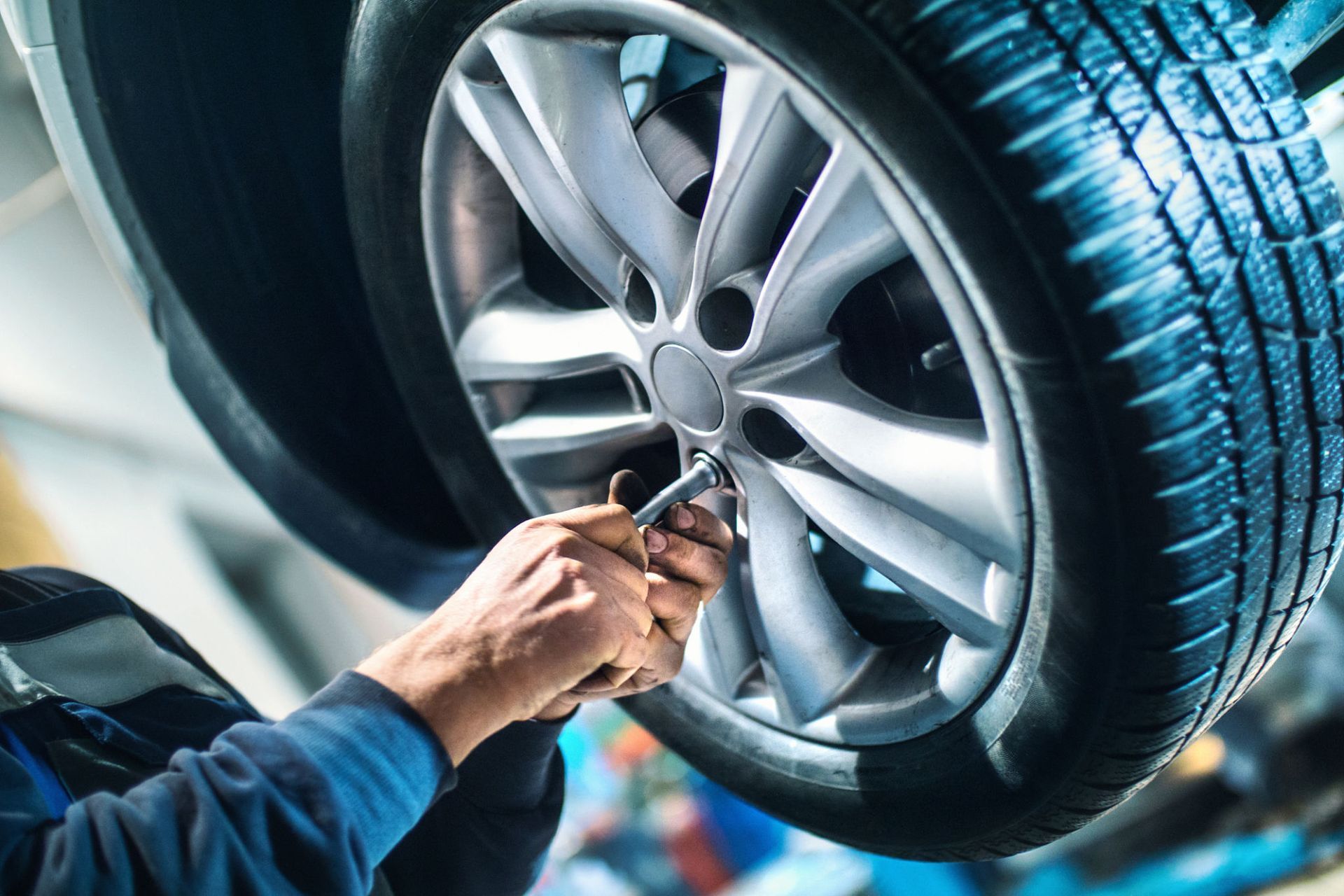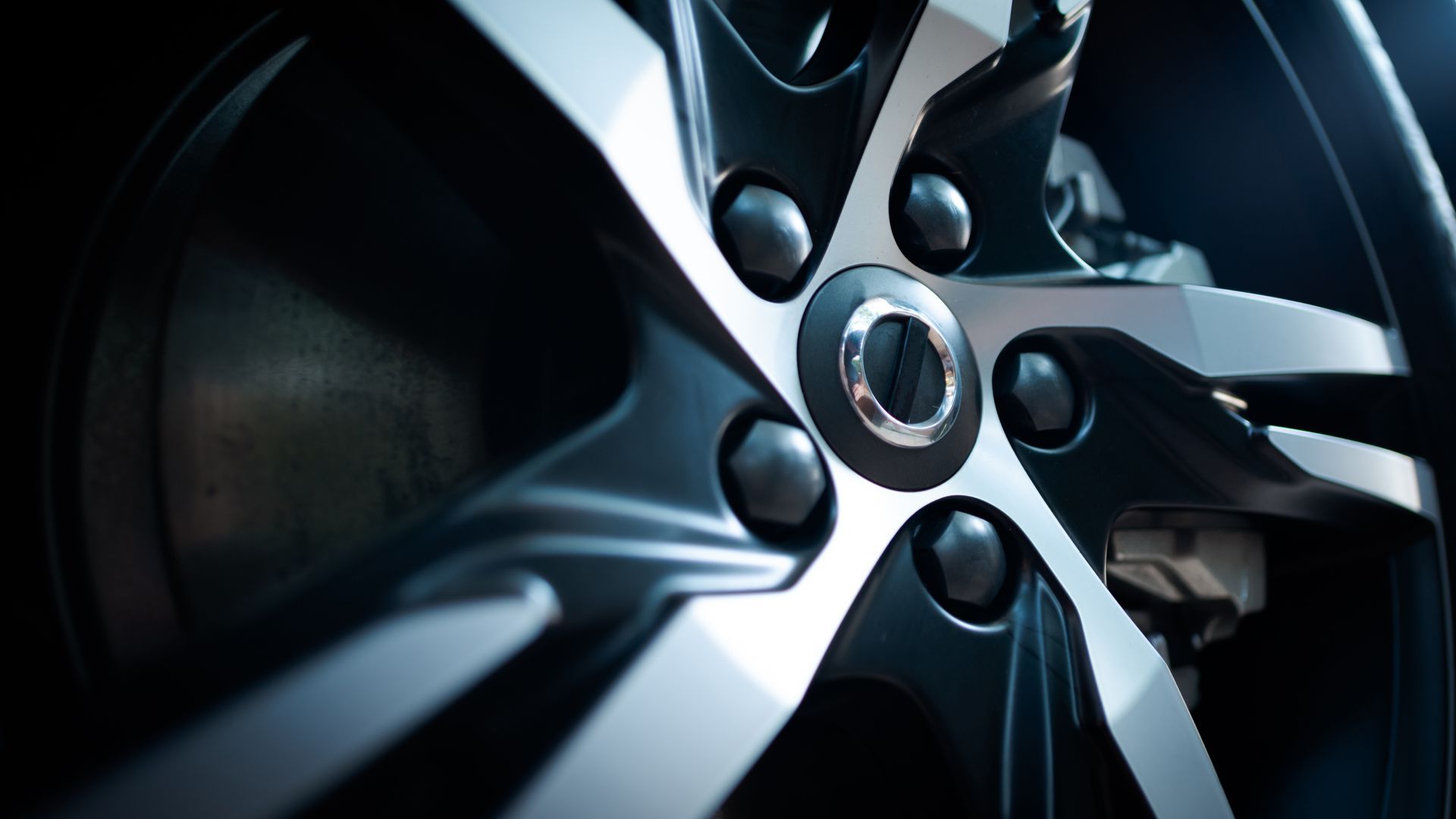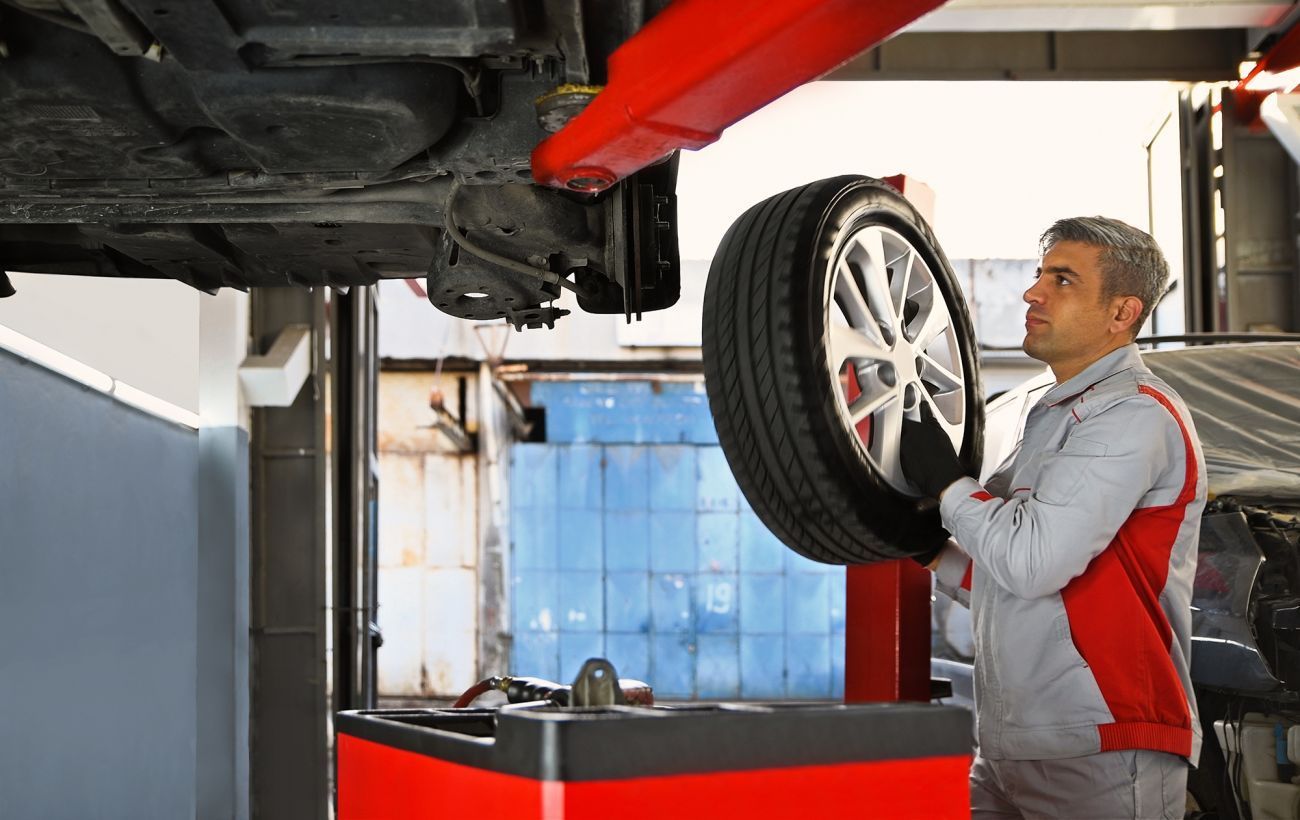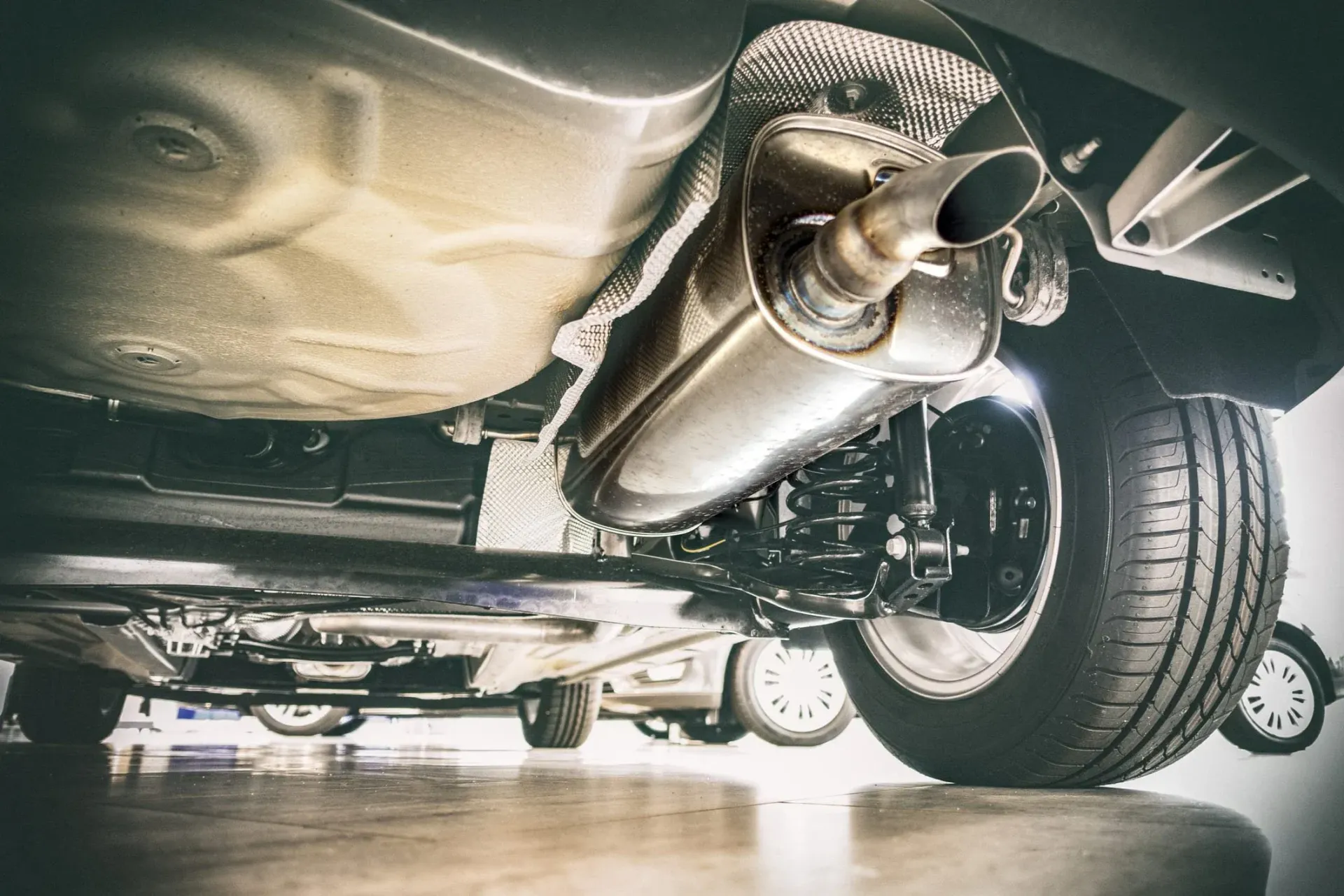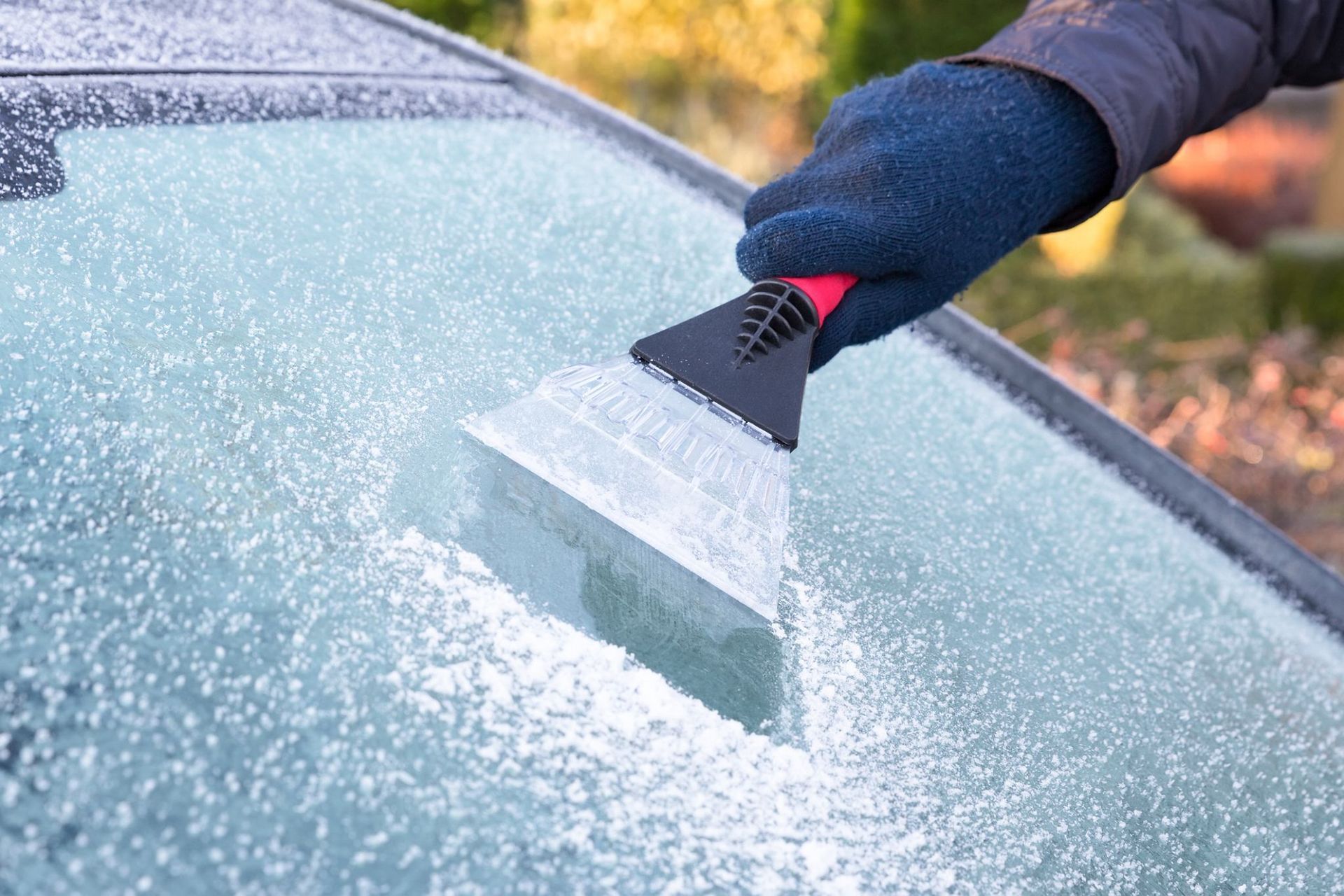Here Are Five Common Causes of Car Rust
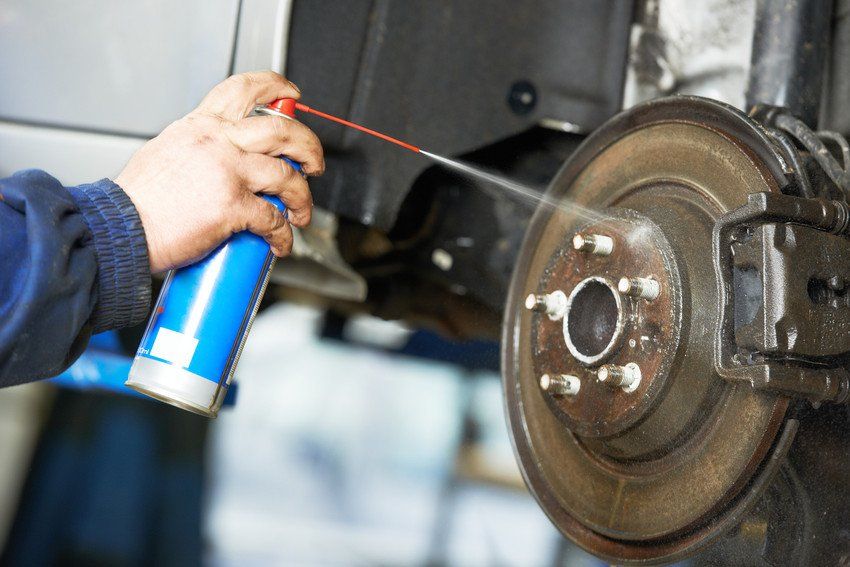
Car rust can cause all sorts of internal and external problems - it may even result in a failed MOT if it occurs in particularly hazardous places. Knowing the causes of car rust can help you identify and combat potential problems early on, or before they even arise, which will save you time, money, and hassle in the long run.
This blog from Acorn Tyres explains some of the main causes of rust on cars so that you can keep your vehicle rust-free.
Water
Unfortunately, the UK rarely stays rain-free for long. Leaving your car outside in heavy rain or regularly driving through large and/or deep puddles increases the chances of rust developing. Water has a habit of gathering in areas like the rear tyres, wheel wells and spoilers so, if they aren’t dried properly, these areas can become particularly prone to rusting.
Geography
If you live on the coast and regularly leave your car outside, you are more likely to experience car rust than someone who lives further inland. Salty seawater has a tendency to find its way into every nook and cranny and will also cause a rusting object to deteriorate far quicker than it would in normal conditions.
Similarly, if your car is left out in the open in a rural area that is exposed to the elements, you are likely to find you have a bigger problem with rust than those in more built up and/or sheltered areas.
Salt
As you may have guessed, salt makes it easier for rust to form. Put simply, the chemical reaction that causes rust requires a lot of electron movement, and electrons move more easily in saltwater than in normal water.
Don’t be fooled into thinking salt-induced rust will only affect those who live on the coast, though. Grit used to treat roads during periods of cold weather is a mixture of salt and sand, which can accelerate the formation of rust on vehicles.
Neglect
The above factors are relatively unavoidable if you don’t have the luxury of a garage and/or live in certain areas. However, you can still take steps to prevent rust and ensure you act quickly upon noticing rust damage - failing to do so will only make the situation worse.
Even simply washing your car regularly, particularly during periods of bad weather, can go a long way to reduce rust damage and prolong the lifespan of your car. Make sure it dries well and dries quickly once you’ve cleaned it, though, or you may risk making the problem worse!
The way you drive
Driving habits can actually contribute to rust formation on your car. Damage to your paintwork provides the perfect opportunity for rust-causing chemicals to seep in. Take care to steer clear of other vehicles, drive slowly on newly resurfaced or particularly gravelly roads and repair all scratches, no matter how small.
Are you looking for car repairs in the Aylesbury area? Make Acorn Tyres your first port of call! Whether it’s time to book in for an MOT and service or you need tyre replacement solutions, we are on hand to help. We’ll get you back behind the wheel as quickly as possible while making sure your vehicle is in great condition and safe to drive. Contact us today for more information.

